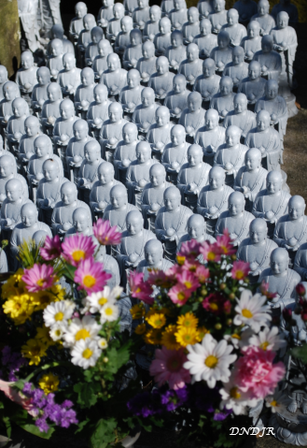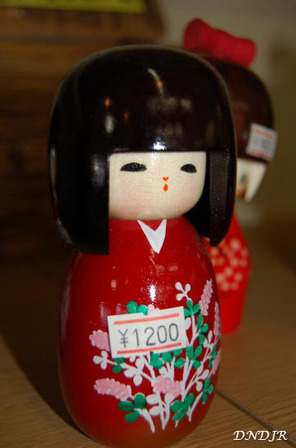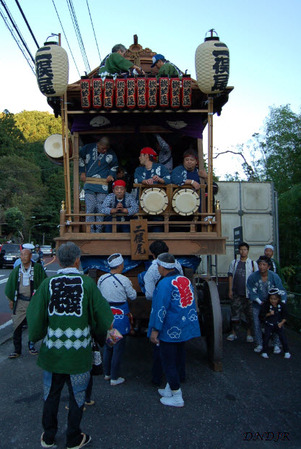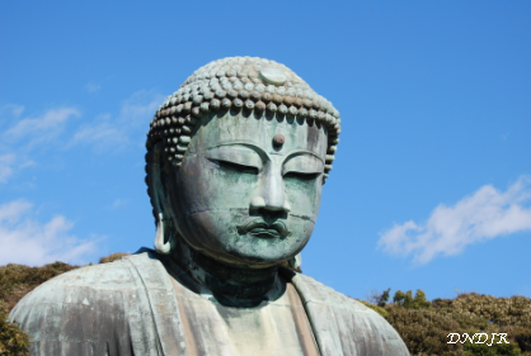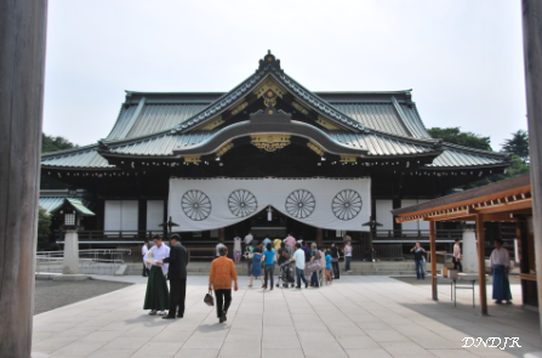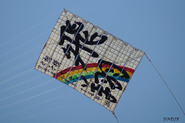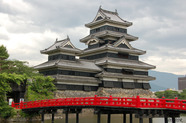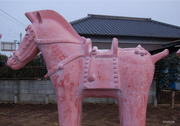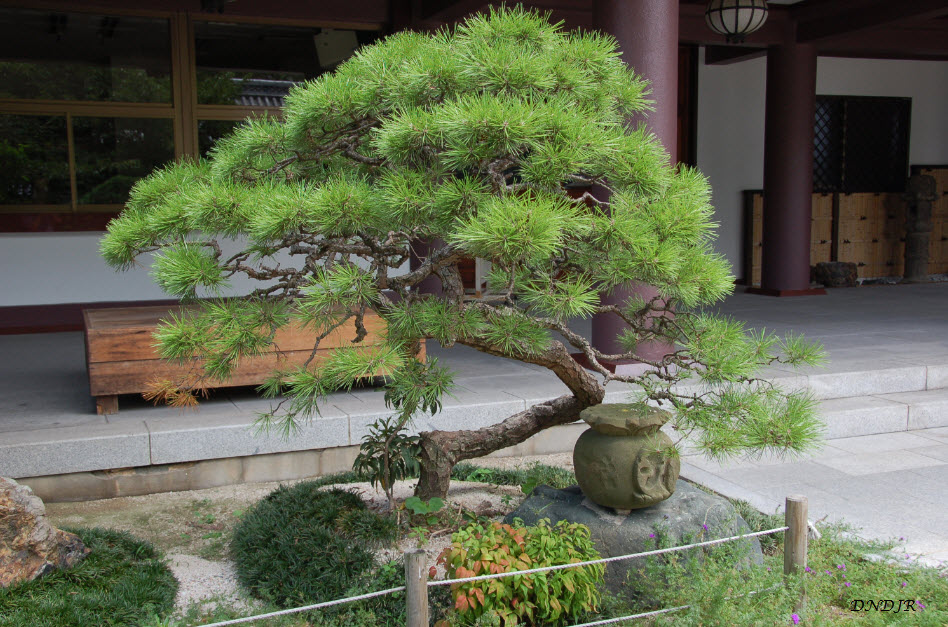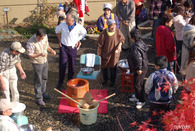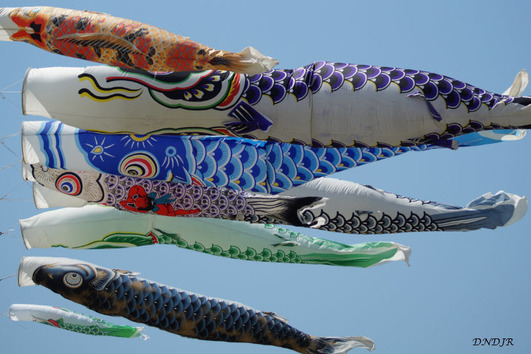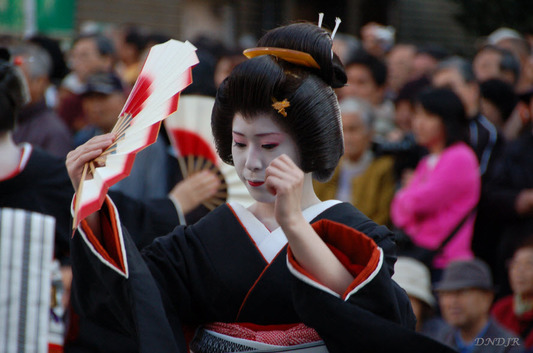Japan's Unique Culture and Heritage
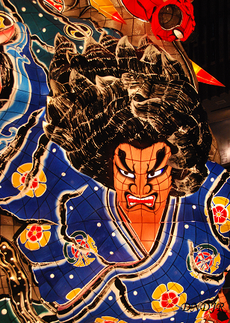
Japan has many traditions, practices, and holidays that reflect the culture of Japan. Like most countries, religious beliefs and traditions are reflected in Japan's buildings and celebrations. Shinto shrines and Buddhist temples dot the landscape and reflect the two major religions of Japan. Most people in Japan, to some degree, can be considered followers of the Shinto faith. A slightly smaller number can be considered Buddhists. Unlike many other countries though, Japanese beliefs allow people to practice both Shinto and Buddhism at the same time; one faith does not prevent them from worshiping the other. At different times in their lives they may practice the ceremonies of one or the other. A person might have a Shinto ceremony at birth. Japanese children may participate in the Shinto seven-five-three ceremony as they grow older in hopes of a healthy life and to mark various stages of life. Japanese couples may have a traditional Shinto wedding ceremony with the bride wearing a white scarf and white kimono (pictured to the right). At the end their lives, many Japanese might have Buddhist funerals.
Christianity is practiced by approximately two percent of the population of Japan. The Portuguese brought Catholicism to Japan when they arrived on Japan's Tanegashima Island in 1543. Within a few years other Portuguese arrived in Kyushu where they began to evangelize and win converts to their faith. As their presence and influence increased, so too did their threat to the power of the local daimyo and leaders in Japan. Christians subsequently were banned from practicing their faith by new laws and edicts. Although several shoguns tried to eradicate Christians and their beliefs, they were never completely successful and Christianity has maintained a small presence in Japan.
|
2016 Holidays and Celebrations in Japan
January 1- New Year's Day January 11 - Coming of Age Day February - Setsubun - Traditional Beginning of Spring February 11 - National Foundation Day March 3 - Girl's Day Festival March 21 - Vernal Equinox April 29 - Showa Day (Emperor Hirohito's Birthday) May 3 - Japan Constitution Day May 4 - Greenery Day May 5 Children's Day July 7 - Tanabata Festival July 18 - Marine Day August - Usually the second week of August - Obon Festival August 11 - Mountain Day September 19 - Respect For the Aged Day September 22 - Autumnal Equinox October 10 - Sports Day November 3 - Culture Day November 15 - 7-5-3 Shinto Festival November 23 - Labor Thanksgiving Day December 23 - Emperor Akihito's Birthday December 31 - New Year's Eve |
